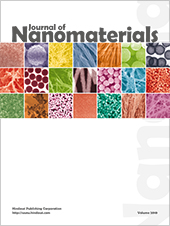 A team of biologists that retracted two papers after being “unable to replicate some of the results obtained by the first author of the paper” has now issued a correction to fix references to the two sunk publications.
A team of biologists that retracted two papers after being “unable to replicate some of the results obtained by the first author of the paper” has now issued a correction to fix references to the two sunk publications.
The corrected paper is a review in the Journal of Virology — known there as a Gem — which discusses how viruses use the membranes of endoplasmic reticulum (ER) to replicate.
The two retractions were not signed by their first author, Riccardo Bernasconi, who won the STSBC-Roche Diagnostics award for one of the papers in 2012. The correction carries all three authors’ names, including Bernasconi’s (as second author).
Here’s more from the correction for “How Viruses Hijack the ERAD Tuning Machinery”: Continue reading Biology team with two retractions now correcting references to nixed papers








